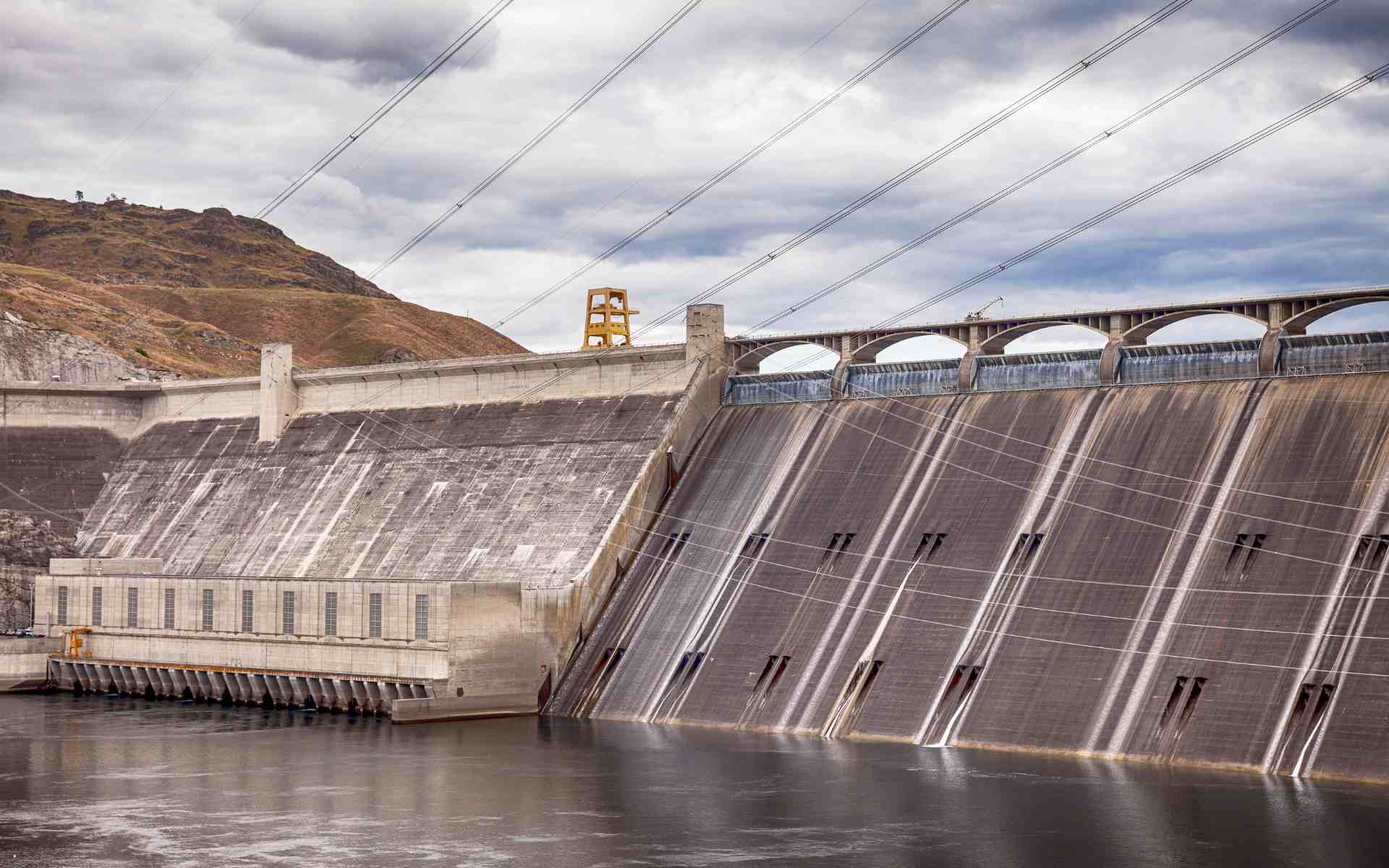Burundi's Jiji Hydropower Plant Ushers in a New Era of Energy Sovereignty and Economic Revival


Quidah is an online platform that connects investors with curated opportunities and expert insights on Africa’s emerging markets, while offering businesses promotional services, partnership facilitation, and market intelligence to attract capital and grow their operations.
Industries
Burundi marked a historic milestone on 25 June 2025 with the inauguration of the Jiji hydroelectric power plant, a critical step in the country's journey toward energy self-sufficiency. Located in the southern province of Bururi, the plant’s unveiling was attended by the President of the Republic and representatives of key development partners, including the African Development Bank (AfDB), the European Investment Bank (EIB), the World Bank, and the European Union, all of whom co-financed the $320 million energy infrastructure.
Coupled with the forthcoming Mulembwe power plant, due for completion in the coming months, the twin hydropower facilities will deliver a combined 49.5 megawatts of renewable energy, generating an estimated 235 gigawatt hours annually. This new capacity will directly supply power to 15,000 households, 7,000 businesses, and 1,700 industrial sites — bringing vital improvements to sectors such as healthcare, education, agribusiness, and ICT.

Development partners celebrated the project as a cornerstone of Burundi’s inclusive development and green transition. AfDB’s Country Manager, Pascal Yembiline, called it a flagship initiative aligned with the Bank’s High 5 priorities, while EIB’s Edward Claessen praised its contribution to energy decarbonisation and sustainable infrastructure. World Bank representative Hawa Cisse Wagué noted that the project’s impact extends beyond power generation, acting as a catalyst for industrialisation and job creation. EU Ambassador Elisabetta Pietrobon reaffirmed energy as a central pillar in the EU's partnership with Burundi.
Since construction began, the project has generated hundreds of local jobs, supported technical skills development, and injected life into the local economy. With its commissioning, Burundi is poised to attract greater domestic and foreign investment, empowered by reliable, affordable, and clean energy. The dam signals not only a leap in electricity access but a broader shift in Burundi’s development trajectory, reinforcing its ambition to become an emerging economy by 2040 and a developed nation by 2060.
The Jiji–Mulembwe hydropower complex provides fertile ground for investors across sectors. Improved energy access can accelerate the rollout of rural electrification projects, boost value chains in agriculture (cold storage, irrigation, processing), and enable the growth of digital and financial services in off-grid areas. Companies focused on energy-efficient appliances, industrial equipment, and ICT infrastructure stand to benefit from a more reliable electricity supply.
In parallel, local manufacturing, construction, and maintenance sectors could see expanded demand for skills training, spare parts supply chains, and logistics services. Private-public partnerships in mini-grid expansion, battery storage systems, and energy auditing services may flourish. International donors and green funds will likely support ventures aligned with Burundi’s low-carbon development path and regional energy integration ambitions.


